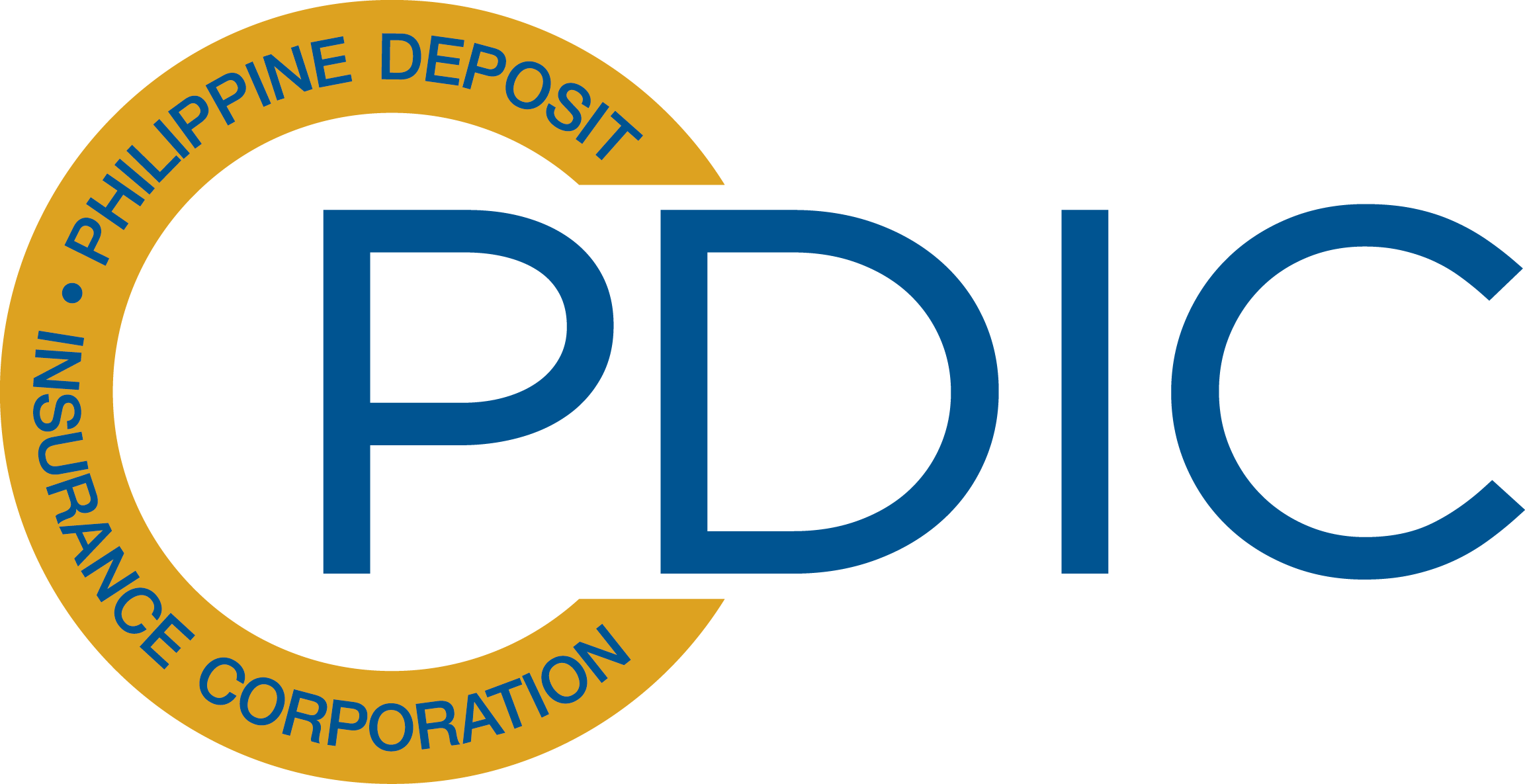| ARCHIVE |
Foreign direct investment in the economic development perspective* |

RECENT reports on the United Nations Conference on Trade and Development statistics on foreign direct investments (FDI) going to host countries showed the Philippines to have been a very fast-growing recipient of FDI in 2012 when compared to the previous year. The .8 billion of FDIs registered for the Philippines for 2012 was over 2.8 times the 1 million reflected the previous year. While the growth is significant, the absolute amount still pales in comparison to Association of Southeast Asian Nations neighbors Indonesia, Thailand and Vietnam with FDI in 2012 of .9 billion, .6 billion and .3 billion, respectively. The increase of FDIs is a significant plus factor toward the accumulation of capital for production but it is not the only source and it need not even be the primary source of capital accumulation for a country. There is also direct domestic investment. Direct domestic investments should really be the primary source of capital formation for a country. Domestic investment can also take the form of the government investing in infrastructure and state-owned enterprises funded by revenues and/or domestic and foreign borrowings. Capital formation and economic development FDI are an important part of capital formation because they serve to supplement the domestic investments required for economic growth and development. Equally important are technological innovations and implementations that come from abroad with FDI. Two measures of the effectiveness of investments is the incremental capital to output ratio and the incremental capital to labor ratio. These ratios measure the increases in output and employment per unit increase of investment. FDI flow into host countries based on the attractions of a country including labor availability and productivity, access to markets, political and financial stability and the capability of the country’s infrastructure. Political stability encompasses governance, the rule of law and the transparency of government rules and regulations as important factors. FDI can enter industries encompassing a wide range of capital requirements. The capital requirements for investments in infrastructure are high but necessary to enable the economy to attract more investments into other industries and services. For example, investments in airports, sea ports, power, telecommunications and roads are very high but needed to enable industries such as business-process outsourcing, tourism manufacturing to be competitive and therefore, attract more investments. FDI come into all sorts of enterprises depending upon the nature of the business of the investor and their perceived returns and synergies with its other businesses just like the various rationales for investments of domestic investors. One important contribution of FDI in the drive for capital formation is the additional capital that supplements domestic investments and savings, the risk taking that they are able to absorb because of their size, and global market knowledge and the technology that comes in as part of their investments. A functioning capital market is essential for investments Investors always need to have a time-table for cashing in on their returns to investment and exiting with their capital gains and even principal. Even FDI into start-up ventures and joint ventures with unlisted companies need to know at the outset the avenues available for realizing the returns and capital gains of their investment. This requires not only a well-functioning stock and bond market but also a foreign currency exchange and money markets, as well. These markets must be seamlessly functioning and integrated with the global market. It is also important for more investment and hedging instruments to be available and traded in the financial markets. Variety and depth of investment instruments with prices that are determined transparently by market forces serve to assure all types of investors including FDI of the stability of the investment climate. Such an environment should also serve to temper volatile movements because alternative investments are available in the domestic market when an event occurs in one market. ___________________________ |
back |
This website uses information-gathering tools including cookies and other similar technology. Data generated are not shared with any other party. For more information, please refer to our privacy policy.
 PDIC is a government instrumentality created in 1963
PDIC is a government instrumentality created in 1963by virtue of Republic Act 3591, as amended, to insure
the deposits of all banks. PDIC exists to protect
depositors by providing deposit insurance coverage for the depositing public and help promote financial stability. PDIC is an attached agency of the Bangko Sentral ng Pilipinas.

Questions? Need Help?
Click Frequently Asked Questions
Trunkline.: (632) 8841-4000
Hotline: (632) 8841-4141
(for Metro Manila clients)
Fax No.: (632) 8841-4085
Email: pad@pdic.gov.ph
Client outside Metro Manila may call
Toll Free: 1-800-1-888-7342 or
1-800-1-888-PDIC

.png?Friday; May 17, 2024)

Hotline: (632) 8841-4141
(for Metro Manila clients)
Fax No.: (632) 8841-4085
Email: pad@pdic.gov.ph
Client outside Metro Manila may call
Toll Free: 1-800-1-888-7342 or
1-800-1-888-PDIC

.jpeg)
.png)


